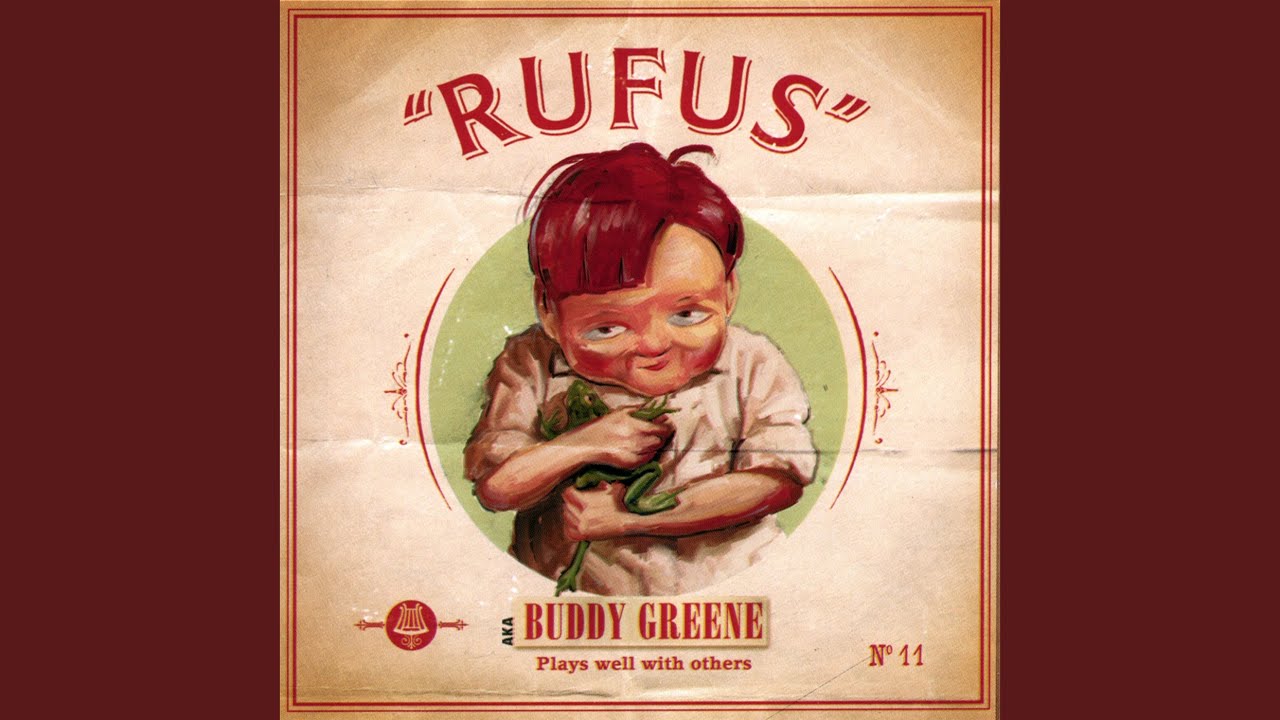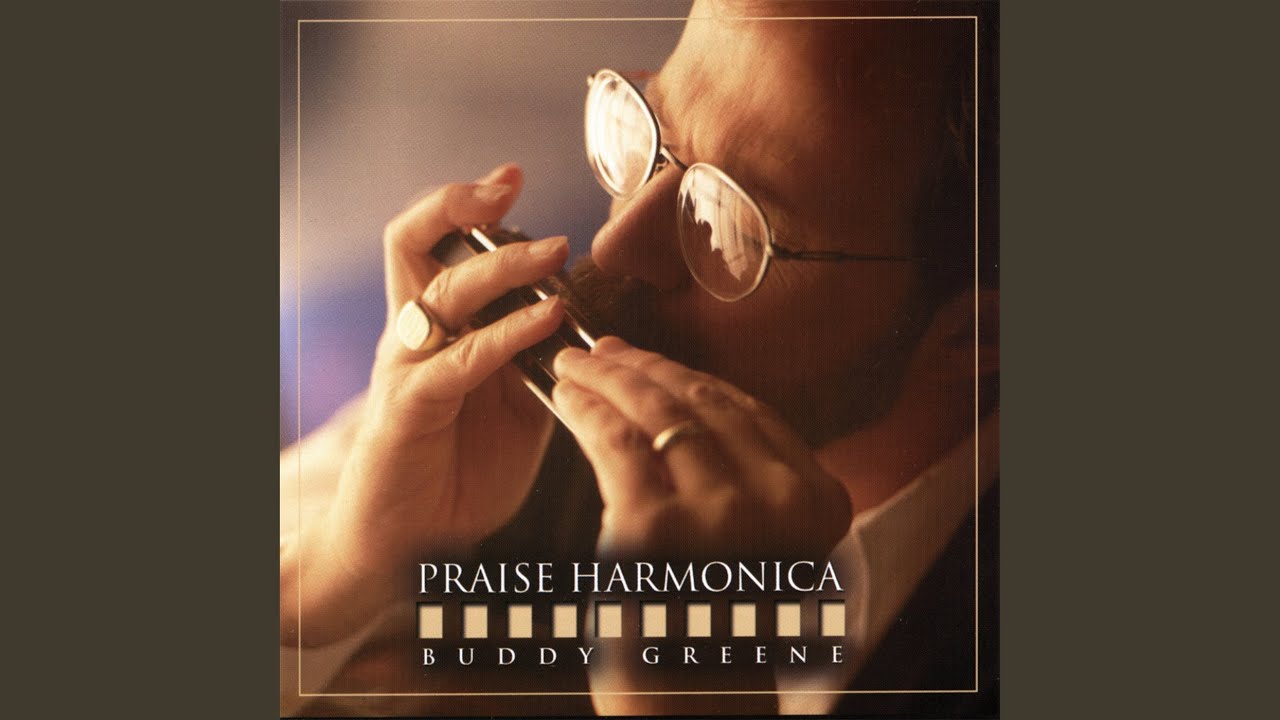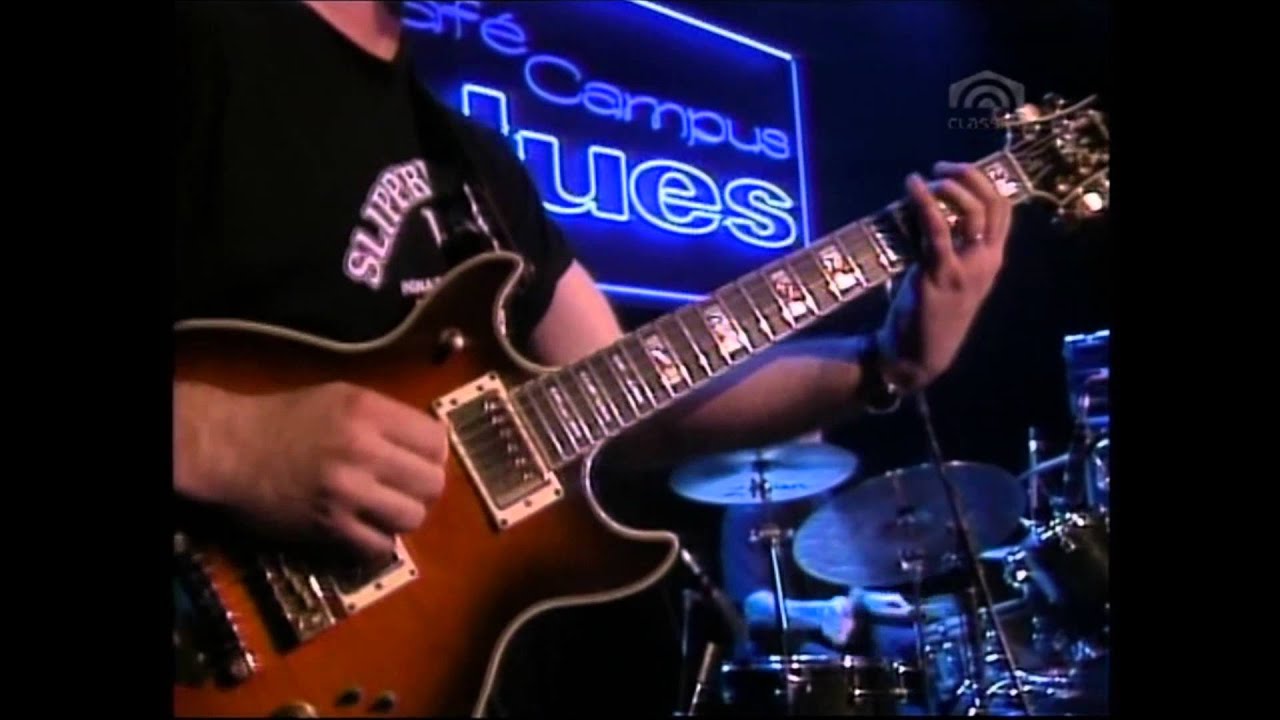I know that there are sounds exclusive to tongue booking such as vamping, toungue shakes and splits/octaves - but are there advantages and exclusive sounds when puckering? Other then a bright sharp horn sound and nice toungue articulations what other sounds do pucker players have that T blockers don’t? Any pucker players out there? Very curious. Thanks!
For me, lip pursing is what I first learned to do on the harmonica. Even though I do a little bit of tongue blocking, I feel like I can get most of my expression through lip pursing. Especially since those are the players I follow the most when picking up style inspiration, mainly Terry McMillan.
I actually had an argument with somebody on a Facebook group before about Terry’s preferred embouchre style. The person I was arguing with thought you can do all of what Terry is doing 100% tongue blocked because he thought that Terry was a tongue blocker and said that I was “too lazy to learn it properly”. I also felt peer pressured when blues traditionalists said to me “you have more expression when tongue blocked”, “lip pursing is very limiting”, “you can get a bright tone while tongue blocking”, and “you’re gonna miss so much if you don’t learn”. I absolutely struggled with tongue blocking and the only things I can do with it are octaves and slaps. So I decided to stick to lip pursing.
I also keep in mind that I’m playing a more modern style that doesn’t require a lot of tongue blocking. I play a lot of the music I grew up the most on, which is 90s country. I play a little bit of rock on the side too. After thinking about it lately, I’m so glad I didn’t make the switch to 100% tongue blocking as not only would it not give me the amount of expression that I have, it wouldn’t have made sense with the music that I play. I don’t play older music past the 70s (maybe the 60s) and I especially don’t play hardcore Chicago blues, so why let blues traditionalists choose what I should sound like.
I first learned pucker and then had to eventually switch to Tb so I could get all the sounds I wanted. Are there sounds you find are specifically pucker based that can’t be done tongue blocked?
Whatever works for YOU. ![]()
I like to tb and some tunes sound better pursed. I started pursing and when I began lessons with David Barret I learned to tb. Some bends are pretty tricky especially double stops.
I am 75 years old & started copying Bob Dylan songs in 1963. I started learning about the blues but no air play & no access to records until pirate radio arrived & the perfumed Garden helped spread the message in 1967, although it was a couple of white groups who had the most impact on my life & playing style; The Dirty Blues Band & John Mayal. The harmonica was a ‘lead instrument’ & not just for vamping. Too much like hard work! I have never used my tongue when I play in my life & still gigging.
That’s cool! What works for you is best. Just know there are many sounds you can not produce without using your tongue.
There’s no shame in learning and using both, but I find that lip pursing comes a lot more natural to me than tongue blocking. No need to shame other lip pursers.
Amen! ![]()
– Slim ![]()
@davidkachalon - Strictly speaking, in order to play chords, you have to have your tongue off the harmonica. So that could be one answer: chords. Lol.
But of course TBers play tons of chords using tongue lifting, so we won’t count that one. ![]()
As you mentioned the brightest, thinnest tone possible (super-wide “ee” vowel shape) - like Sonny Terry often did on his whoopin’ tunes on the -4, which Joe Filisko refers to as “icepick tone” is much easier to achieve lip blocking.
Joe can achieve that sound while tongue blocking, but he’s in the rare minority of 100%-TBers that can get a tone that bright, in my opinion. I’m unconvinced that Sonny Terry was TB-ing when he played those notes (though I do think he mostly tongue blocked, especially on his Fox Chase / Lost John stuff.)
The other technique that immediately pops into mind, as you kinda alluded too, you can’t get the kind of articulations that trumpeters call double-tonguing and triple-tonguing: TaKa, TaKaTa, TaKaTaTA.
Oh and I guess another one you can’t does a tongue roll (like rolling your rrrr) like John Lennon does on one of the blow 5’s in his Love Me Do riff. Some people refer to as snoring. (But you CAN get a growly snoring effect while TB-ing using the back of the tongue - it’s just a different sound.)
I’m with you on the pro’s of TB-ing - vamping, splits, split-shakes, slaps, flutters, shimmers - such a rich source of colors and textures. I’m so happy that I’ve devoted so much time to it over the last 5-6 years. And it’s why there’s modules on all those techniques in my Beginner Boss course. It’s a must for authentic roots music and cajun music.
But I think there’s something else on this subject that’s worth noting. When it comes to really fast playing requiring lots of accurate bends I’m not sure that TB-ing can really get the job done (and even more so if you throw in overblows and/or overdraws.)
As an example in the Blues genre, Carlos del Junco is the only player that really comes to mind (and he certainly pushes the boundaries of blues quite a bit!)
But I’m really thinking more in the Gospel and Country genres, like Buddy Greene - I don’t think you can site me a player who plays faster and cleaner than Buddy. I’ve clocked him traveling at speeds of 300BPM, and slowed it down to 20% speed, and his intonation is flawless. He’s an incredibly underrated player, in my opinion. Here’s some links to the kinda stuff I’m talking about:
Do you know any strict tongue-blockers who can play like that? I know some lip blockers who can. (First one that comes to mind is Todd Parrott.)
And you throw in some ob/od’s and it just highlights the point further. Howard Levy’s album Out of the Box is tough for anyone to emulate, but lip blocker is gonna stand a better chance.
I don’t think anyone can pull off Carlos Del Junco’s version of the Chicken while Tonguing. I’m working on it lip blocking, and it’s hard enough!! Check it out:
Now Buddy Greene, Carlos Del Junco, and Howard Levy all do some tongue blocking, and in fact I’ve heard both Carlos and Howard do some pretty fancy tongue blocking stuff. But the majority of what they do is lip blocking, because it’s the only way you can pull that stuff off.
In summary, just like there are some sounds and genres that YOU CANNOT faithfully represent WITHOUT tongue blocking (as I mentions specifically earl on in this long post, there are also some that you cannot faithfully represent only tongue blocking.
Curious to hear other peoples thoughts on this?
I’d love to hear @Corky_Music’s perspective on this subject.
Who is shaming? I’m asking questions.
No shame at all! This is a discussion and I value all input!
I never thought you were “shaming” anyone. I just wanted to say express my feeling that however one decides to play (TB or “pucker”), no one has the right to put that person down. ![]()
– Slim ![]()
Thank you. I would Never ever put anyone down. It’s a beautiful thing to play music however or whatever you choose. ![]()
![]()
Hello Luke.
You called?
TB or not TB, that is the question
… and other concerns.
Something we can’t remember enough as we delve into technical issues.
Music offers us a smooth channel into the healthiest most ecstatic and deepest part of ourselves. There is absolutely nothing like it in the world.
One secret is that playing music is not about the sound. The sound is a goal and a result.
Playing music is entirely about the physical dance that is required to create music.
With that in mind, learning to play with different techniques and learning to play fast are absolutely part of this. The key is to not make it a burden … unless you like making it a burden and find the challenge exciting. But you don’t have to make it a burden to enjoy music fully. You can experience the beautiful pure expression with what you “already” know how to do. Don’t forget that.
Now, get to work. LOL!
Corky
P.S. I never “got to work.” I just enjoyed playing and diving deep into expression and that was my practice. Playing scales can be fun but I only did it when it was feeling fun. When it wasn’t fun I stopped doing it and did something else. I don’t recommend that style of non-practice unless you really like that idea. I really hope you like that idea! LOL!
P.P.S. There is a point when you learn to play fast that you have to now consciously slow down! LOL! Am I right about that? LOL!
Thanks. I like your words. I feel I have been given permission to advance by having fun and enjoying the journey. For those of us who don’t have to put food on the table by playing that is obviously the best way.
I particularly like the references to playing fast. I can do lots of stuff on the harmonica very slowly that sounds ok but speed it up and MMM. So nice to hear your wise words.
A smiley face for you. ![]()
One guy lied about Terry McMillan’s embouchre style being tongue blocking to me, despite Terry being a lip purser almost exclusively, because his lips were big when playing the harmonica and the person who said that claimed that he used tongue switching to play fast. If that isn’t a testament to how big Terry’s naturally lip pursed harmonica tone was, that people can confuse him for a 100% pure tongue blocker, I don’t know what will.
I’ve puckered most of my life. 67 yo (unfortunately). Learning TBing now because my favorite style is Chicago Blues. But I play Rollercoaster pucker. Maybe a couple places in Rollercoaster I use TBing.
Howard Levy is primarily a pucker player I believe. And Luke discussed pucker in another thread here. Listen to Howard to have a definitive answer on what’s possible.
Also, as Luke mentions in the “Pucker” thread, Paul Butterfield played puckered. Listen to Everything Gonna Be Alright live. I was playing that in 1977 and I played it puckered.
By the way, I followed Mark Hummel’s tour last month for 8 dates. What I learned about tongue blocking from Mark.
-
With pucker, the tip of your tongue is used for bending.
-
To TB you use the back of your tongue to bend.
-
Hummel stated it took him 3 months to get TBing down and you must play an entirely different way. Of course you do because it’s primarily a Chicago Blues method. TBing is taking me a while but I’m getting it after a few hours of practice. I slide down for the 1 hole, I do not switch to pucker on 1-4. The bends on 2 and 3 are difficult to get consistently. You really need to find the position of the harp in YOUR mouth that provides the easiest position to bend using your tongue. I still have not figured that out, but I don’t practice much. A young guy could figure it out in a day.
-
My first impressions of TBing when I started last month to be able to do something beyond tongue slapping is that you can play to your own rhythms. Not as easily done IMHO using pucker. Really helps your practice enthusiasm when you can play rhythm and lead using TBing.
I have big tone without tongue blocking, but I want to force my old self to learn something new. And I will admit my tone is fatter tongue blocking above the 4 hole. Oh, and Sonny Junior told me you can’t tell the difference between a pro when they use TBing vs pucker, but Hummel stated he rarely uses pucker, but you can’t trust the touring pros to provide any major technique hints. Lol.
Hope this helps.


